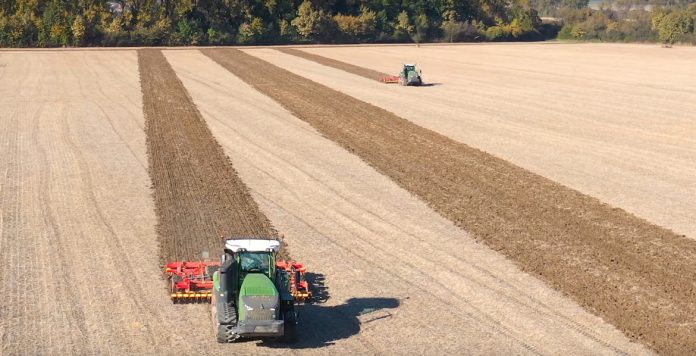The Slovak government delayed payment of EU agricultural subsidies, known as direct payments, to protesting farmers who were at risk of not receiving them, with the European Commission confirming the situation was beyond its control, according to Euractiv.
The Slovak Agricultural Paying Agency (PPA) disbursed less than a third of the €336 million in EU agricultural subsidies that working farmers could apply for annually and must pay out the annual subsidy package by the end of June.
The European Commission continued to liaise with national authorities to “provide advice and exchange on best practices,” European Commission spokesperson Olof Gill informed. However, the Commission clarified that it could not help Slovak farmers to receive the money they were entitled to.
“EU countries are responsible for setting up a management and control system for payments that complies with EU regulations. They must ensure that this system functions effectively. Payments to Slovak farmers, including direct payments, are under the responsibility of the PPA.”
The Commission also confirmed that Slovakia had no time left to spend money.
The Paying Agency has to pay 100% of direct payments until 30 June 2024 and is responsible to achieve this objective.
The government has not yet been able to explain the reasons for delayed payments to Slovak farmers. The lack of money has left many farms in debt to banks, with many selling off their assets and having no money to pay wages. Emil Macho, president of the Slovak Chamber of Agriculture and Food (SPPK), described the situation as “catastrophic”.
“We will demand financial compensation from the current government for the costs associated with financing the delayed direct payments.”
Slovak farmers staged mass protests in recent weeks, joining the agricultural unrest spreading across Europe. Although the SPPK initially claimed that the EU’s “green fanaticism” was to blame for the problems faced by farmers, the Chamber directed much of its discontent at the country’s government.
